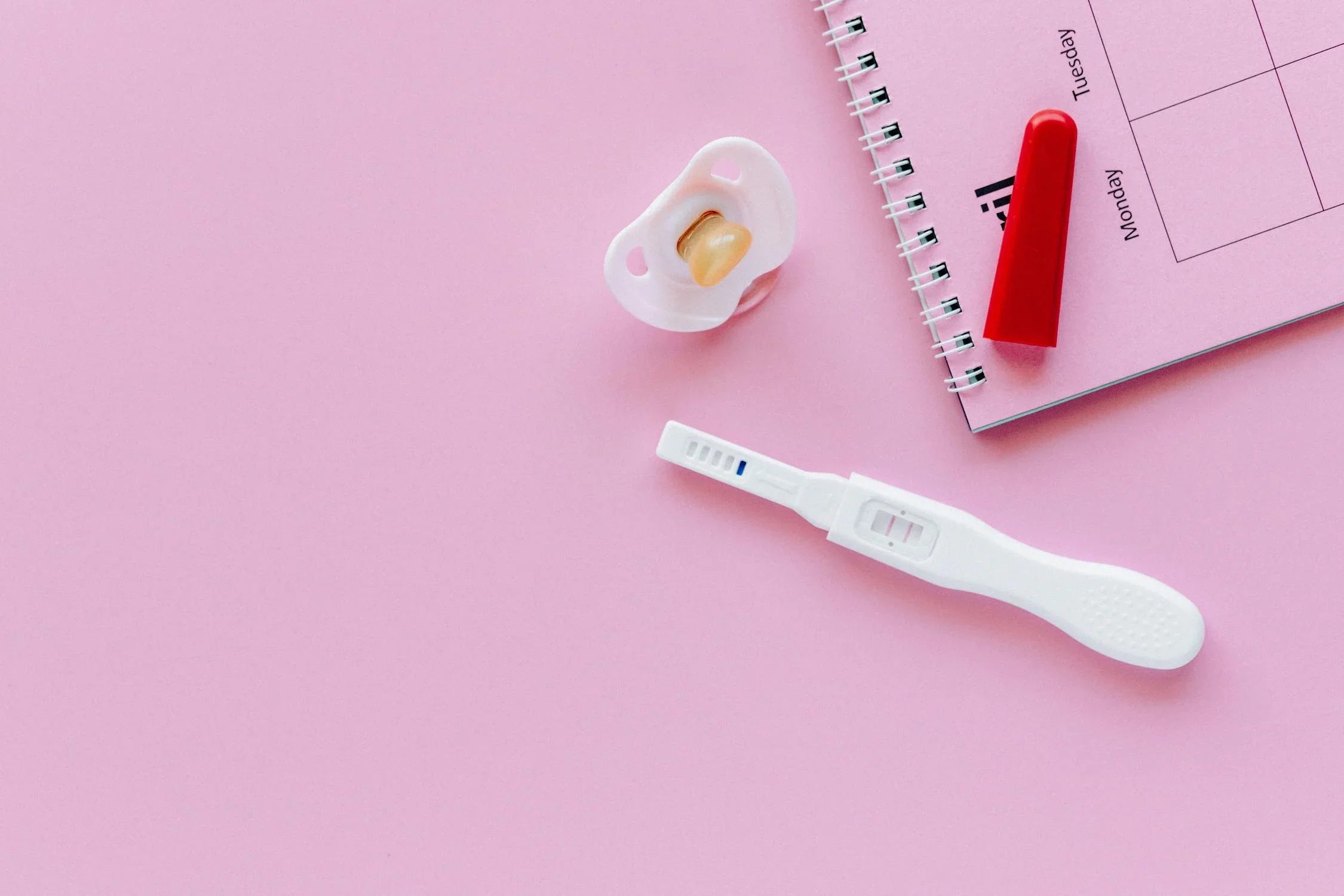Home
Pregnancy, Breastfeeding, and Pumping: The Ultimate Guide for Moms
When Can You Use a Pregnancy Test: Timing and Accuracy Explained

When Can You Use a Pregnancy Test: Timing and Accuracy Explained
When it comes to determining whether you're pregnant, timing is everything. Knowing when to use a pregnancy test can make the difference between accurate results and unnecessary confusion. This article will guide you through the best time to take a pregnancy test, how these tests work, and what factors can influence their accuracy.
Understanding How Pregnancy Tests Work
Pregnancy tests detect the presence of a hormone called human chorionic gonadotropin (hCG) in your urine or blood. This hormone is produced by the placenta shortly after a fertilized egg attaches to the uterine lining. The level of hCG increases rapidly in the early stages of pregnancy, making it a reliable marker for detecting pregnancy.
When Is the Best Time to Take a Pregnancy Test?
The ideal time to take a pregnancy test depends on several factors, including the type of test you're using and your menstrual cycle. Here are some key points to consider:
After a Missed Period
The most common recommendation is to take a pregnancy test after you've missed your period. By this time, hCG levels are usually high enough to be detected by most home pregnancy tests. Testing too early can result in a false negative, as the hormone may not yet be present in sufficient quantities.
Early Testing
Some pregnancy tests claim to detect hCG levels as early as six days before your missed period. While these tests can provide early results, their accuracy may vary. If you choose to test early, it's a good idea to confirm the results with another test after your expected period date.
Time of Day
For the most accurate results, take the test first thing in the morning when your urine is most concentrated. This increases the likelihood of detecting hCG if it's present.
Factors That Can Affect Test Accuracy
Several factors can influence the accuracy of a pregnancy test, including:
Improper Usage
Not following the instructions on the pregnancy test package can lead to inaccurate results. Always read and follow the directions carefully.
Expired Tests
Using an expired pregnancy test can result in unreliable results. Always check the expiration date before using a test.
Medical Conditions
Certain medical conditions, such as ovarian cysts or ectopic pregnancies, can affect hCG levels and lead to false positives or negatives. If you suspect a medical issue, consult a healthcare professional.
What to Do After Taking a Pregnancy Test
Once you've taken a pregnancy test, it's important to understand the results and decide on your next steps.
Positive Result
If your test is positive, schedule an appointment with a healthcare provider to confirm the pregnancy and begin prenatal care.
Negative Result
A negative result may indicate that you're not pregnant, but if you still suspect pregnancy, wait a few days and test again. If your period remains absent, consult a healthcare professional.
Unclear Result
Sometimes, pregnancy test results can be unclear or ambiguous. In such cases, retest after a few days or seek medical advice.
Tips for Accurate Testing
To ensure the most accurate results, follow these tips:
- Use a high-quality pregnancy test from a reputable source.
- Test at the right time, ideally after a missed period.
- Follow the instructions carefully.
- Confirm results with a second test if necessary.
Knowing when to use a pregnancy test is crucial for obtaining accurate results. By understanding how these tests work, the best time to take them, and the factors that can affect their accuracy, you can make informed decisions about your reproductive health. Whether you're hoping for a positive result or preparing for the next steps, this guide provides the essential information you need to navigate the process with confidence.
Share
